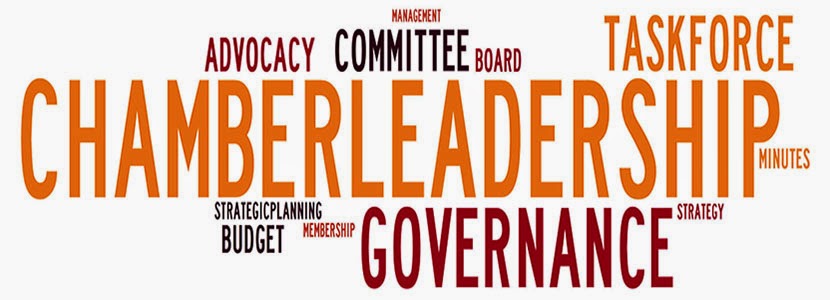At
the end of the day, "you've got to ask yourself a question" (pardon
the line from Dirty Harry - but I couldn't resist).
What does your chamber want to be known for? Are we relevant? These are questions your board and members need to ask and decide for a plan of action.
What does your chamber want to be known for? Are we relevant? These are questions your board and members need to ask and decide for a plan of action.
From
my experience there are basically two types of chambers, those that deliver services
and those that are advocacy based.
Are
you in the services business for your members? Things that include:
- Education programs (i.e., monthly luncheon, annual meeting)
- Leadership Program (yearly program)
- Networking (ribbon cuttings and after hour events)
- Etc.
Or are you in the advocacy business? Things that include:
- Lobbying at the local, state or federal level
- Making candidate endorsements
- Distributing money through your Political Action Committee (PAC)
- Etc.
Your
chamber needs to decide what you want to be and focus on that discipline.
And by the way, it's ok to do both at the same time if you have the
resources.
From
my standpoint, you should be in the advocacy business. That way you will
always be relevant as long as you play to win at the different levels of
government on behalf of your members.
Services?
There are so many opportunities today to network and get programming through a host of organizations (other chambers, for profit companies,
your members). In addition, social media and a Google search on the
Internet can help get your members what they want or need. But that's not the same as you fighting on their behalf. You have the access and the brand of the chamber.
That's
why I believe it's imperative that you stand for something and that something
should be the issues that affect your small business members at all levels of
government (including the city council when appropriate).
Your
members will support and thank you for your leadership in that space!

